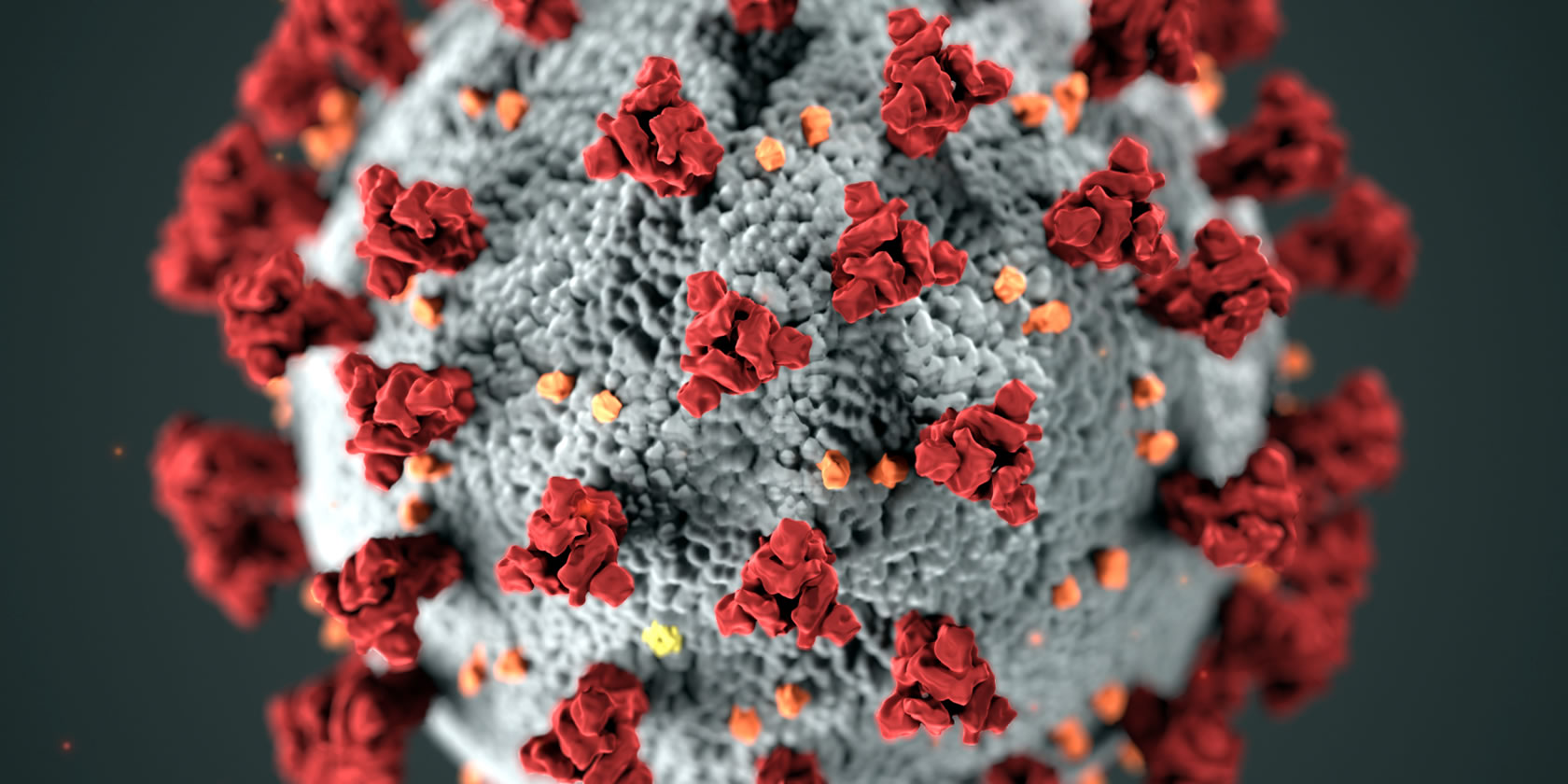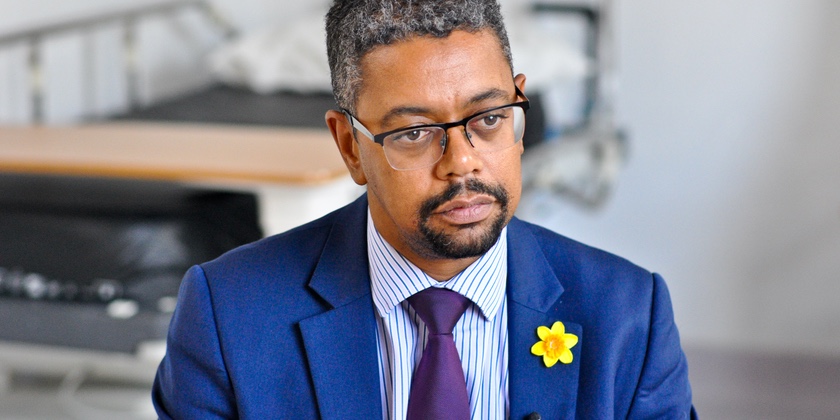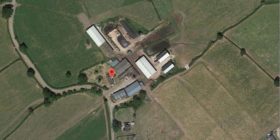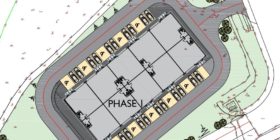Welsh NHS to face ‘extraordinary challenge’ in coming weeks as new Covid variant drives up cases in North Wales

The Welsh NHS is set to face an “extraordinary challenge” over the coming weeks, according to the country’s Health Minister.
It follows a sharp rise in the number of Covid-19 cases in North Wales driven by a new highly-infectious variant of the virus.
Infection rates across the region have spiked in recent weeks with the commonly referenced seven-day figure for cases in Wrexham currently standing at 547.2 per 100,000 of the population.
This is followed by Flintshire at 322.2, Denbighshire 201.7, Conwy 128.8, Anglesey 80.0 and Gwynedd 73.1.
Health boards across Wales have come under increasing pressure in December as more patients have been admitted to hospital with Covid-19.
Welsh Health Minister Vaughan Gething said there were even more difficult times ahead, with the virus still spreading.
Speaking at a plenary session held in the Senedd today, he said: “The coming weeks will be an extraordinary challenge for our health and social care services.
“We would not normally expect to face a winter with more than 2,600 beds out of use for normal winter pressures because of a new condition that we still cannot cure.
“We would not normally face a winter with the level of staff shortages in health and social care that we do face right across Wales.
“And yet still there are well-placed loud and angry voices who deny the problem, who claim that the cure cannot be worse than the virus.

“Let me remind you that this is a virus to which more than 3,000 of our people have already lost their lives. More will do so.
“Many will recover, but it will not be easy or quick for every person that does. There is no harm-free route through this crisis, and I do not accept that the cure is worse than the virus.
“Each and every choice that we take to keep Wales safe comes at a very real cost to protect our NHS and to save lives.”
The current number of beds occupied in hospitals across Wales is higher now than at the peak of the initial wave in April.
Whilst there are physical beds available, Mr Gething said staff absence and social distancing requirements meant that the actual number which can be used is limited.
He added that the greatest pressure was being felt on the availability of critical care beds, where he said demand had risen by almost a quarter during December.
Specifically referencing the situation in North Wales, he said: “Sadly, we have seen the predicted and continued growth in north Wales case numbers.
“As members will be aware, this is potentially influenced by a new, more infectious strain of the virus.
“The new variant had been identified as a factor or a possible factor in the rapid growth in the numbers of cases in the south of England.
“Our own exponential growth in cases was and still is a real threat to our NHS Wales services and colleagues across social care in terms of our ability to respond.”
Spotted something? Got a story? Send a Facebook Message | A direct message on Twitter | Email news@north.wales






